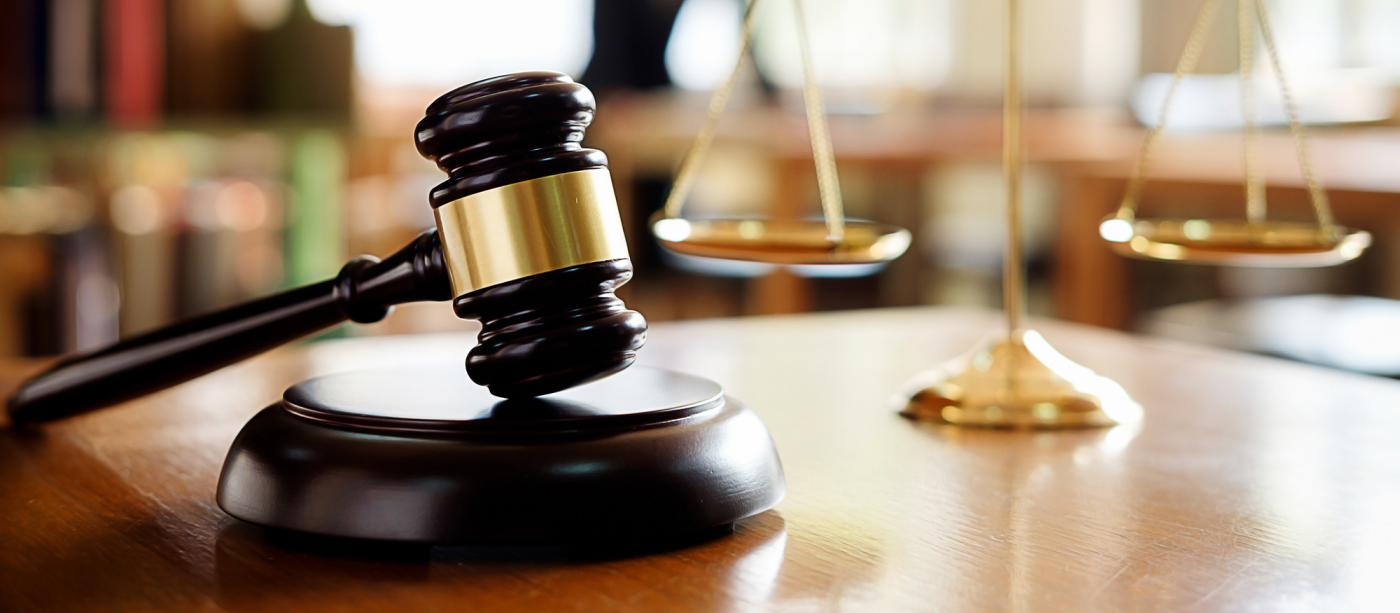
The Carthage trial attorneys at Checkett, Pauly, Bay & Morgan, LLC will go to trial if needed. Most cases don’t go to trial and they end after negotiations, petitions, and filings among all concerned parties. In today’s blog from the Carthage trial attorneys at Checkett, Pauly, Bay & Morgan, LLC, explain what legal proceedings typically look like.
Criminal and Civil
Criminal proceedings differ from civil proceedings. Criminal proceedings start with either an arrest or the filing of charges by a prosecuting attorney. A person typically goes to jail and may get out on bail.
Civil proceedings begin when someone files a petition in court. The party making the filing is known as the plaintiff, while all other parties are respondents. The court sends those initial filings to the opposite party.
Our Carthage trial attorneys can handle either civil or criminal cases.
Arraignment in Criminal Proceedings
The first step in a criminal proceeding is called an arraignment. This is when the person charged with a crime, known as the defendant, goes before a judge. The judge reads the charges against the defendant and advises the person on his or her legal rights. At this point, the defendant may enter a plea of guilty or not guilty into the record. Our Carthage trial attorneys will advise defendants regarding their plea after examining the evidence. If a defendant can’t afford an attorney, one will be appointed.
Pre-Trial Conferences
Pre-trial conferences, or hearings, occur in both civil and criminal cases. Pre-trial steps vary in criminal cases based on the severity of the crime. A murder case will have a much longer pre-trial period versus a traffic violation. Our Carthage trial attorneys will give each case comprehensive consideration.
Conferences occur when any party in the case, including a judge, may ask for time for parties to discuss the case. Parties can file procedural motions, petitions, continuances, and other paperwork during these hearings. Issues to iron out may include plea bargaining, reduction or elevation of charges, what kind of damages a plaintiff is seeking, or the validity of a party’s motion. Hearings are held in open court and are a matter of record in the case.
Continuances
Continuances happen when any of the parties in the case need more time to fulfill their obligations in the case. A party will petition the judge for a continuance that puts off a court hearing until some point in the future. This delay may be one week, several weeks, or several months depending on the complexity of the case.
There are many reasons for a party to ask for a continuance. A party may need more time to produce documents, discovery, or evidence. The judge may feel that more time is granted for one side or the other to present its case. One of the attorneys may be busy with other cases on a particular day. A judge may grant the continuance, but usually only after one of the parties shows good cause. Continuances are a normal part of the judicial process, and our Carthage trial attorneys may ask for continuances on cases to best serve the legal needs of our clients.
Discovery
Discovery is a specific part of legal proceedings. Both sides exchange information, such as the witnesses they’ll call in a trial and the evidence they’ll present to the court. Discovery may include gathering physical evidence, taking depositions of witnesses before the trial, and submitting documents that support a party’s case. The Carthage trial attorneys at Checkett, Pauly, Bay & Morgan will advise you as to the discovery process during a case.
Carthage Trial Attorneys at Checkett, Pauly, Bay & Morgan, LLC
Not all cases go to trial. Our experienced Carthage trial attorneys will give each case we handle the attention it deserves. Contact Checkett, Pauly, Bay & Morgan, LLC, or call for more information. The first consultation is free.



